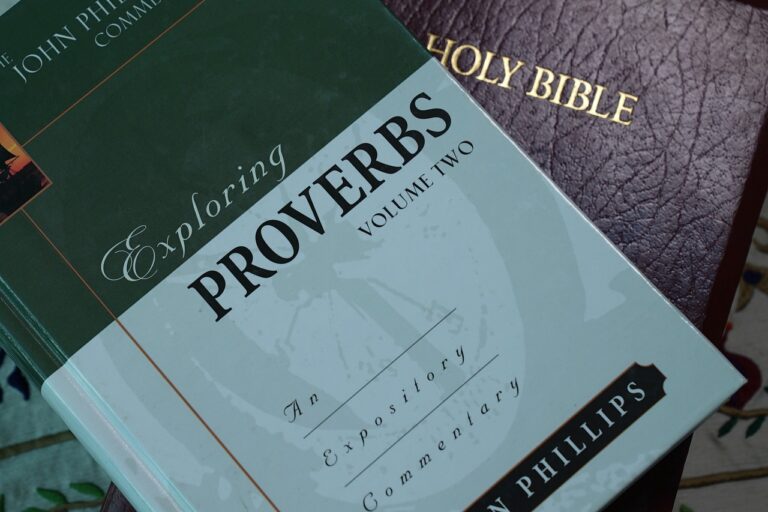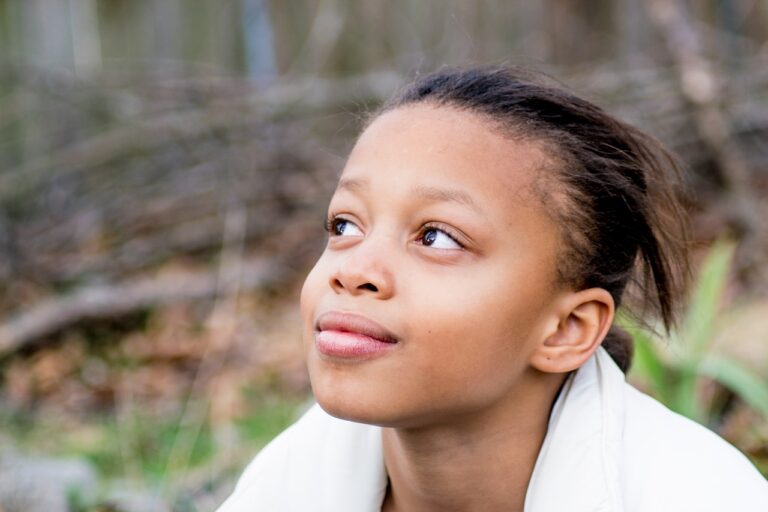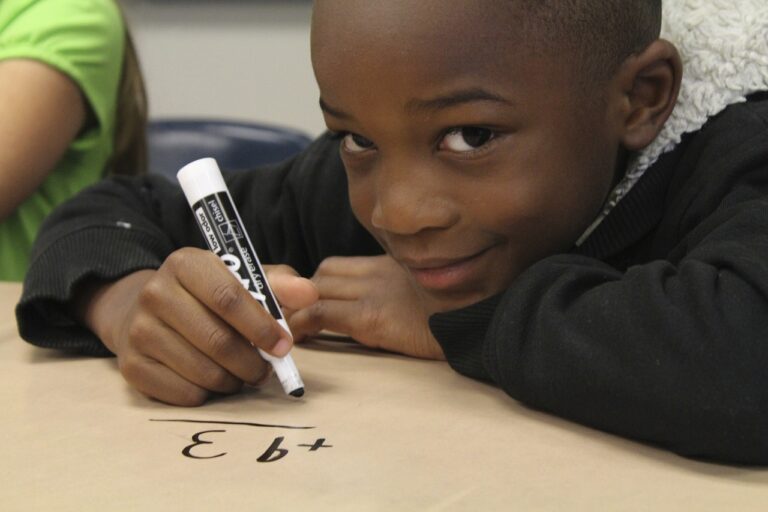The Role of Peer Mediation in Conflict Resolution Education
Peer mediation plays a vital role in creating a positive and inclusive school environment. By empowering students to resolve conflicts peacefully and constructively, peer mediation programs help in fostering a sense of responsibility and respect among peers. This not only reduces disruptive behavior but also promotes a culture of understanding and cooperation within the school community.
Furthermore, peer mediation provides students with valuable skills that are essential for their personal and academic growth. Through the mediation process, students learn how to communicate effectively, actively listen to others, and problem-solve collaboratively. These skills not only help them in managing conflicts but also in building strong relationships and developing a sense of empathy and compassion towards others.
Benefits of Implementing Peer Mediation Programs
Peer mediation programs offer a valuable opportunity for students to actively engage in resolving conflicts within their school community. By implementing such programs, schools empower students to take ownership of conflict resolution and create a positive and supportive environment for all. Students involved in peer mediation gain valuable skills in communication, empathy, and problem-solving, which are essential for their personal and academic growth.
Moreover, peer mediation programs have been shown to reduce instances of physical altercations and bullying in schools. By encouraging students to work together to find peaceful solutions to conflicts, these programs promote a culture of respect and understanding among students. This not only improves the overall school climate but also equips students with lifelong skills that they can carry into their future endeavors.
Key Skills Developed through Peer Mediation
Peer mediation programs in schools not only foster conflict resolution skills but also develop important communication abilities among students. Through participating in peer mediation sessions, students can enhance their active listening skills by empathizing with each party’s perspective. This practice helps them to understand differing viewpoints and effectively communicate their own thoughts in a calm and respectful manner.
Furthermore, peer mediation encourages students to cultivate problem-solving skills by brainstorming and evaluating solutions to resolve conflicts amicably. This process requires critical thinking and the ability to collaborate with others in order to reach a mutually beneficial agreement. By engaging in these mediation sessions, students also learn to manage their emotions and remain composed under pressure, which are valuable skills that can be applied in various aspects of their lives.
• Active listening skills are enhanced through empathizing with each party’s perspective
• Understanding differing viewpoints and effectively communicating thoughts in a calm and respectful manner
• Cultivating problem-solving skills by brainstorming and evaluating solutions
• Developing critical thinking and collaboration abilities to reach mutually beneficial agreements
• Learning to manage emotions and remain composed under pressure
What is peer mediation?
Peer mediation is a process where trained students help their peers resolve conflicts in a peaceful and constructive manner.
What are some key skills developed through peer mediation?
Some key skills developed through peer mediation include active listening, communication, empathy, problem-solving, and conflict resolution skills.
How can peer mediation benefit schools?
Peer mediation programs can help create a more positive school environment, reduce bullying and violence, improve communication among students, and empower students to resolve conflicts on their own.
How can schools implement peer mediation programs?
Schools can implement peer mediation programs by providing training for student mediators, promoting the program to students and staff, and establishing formal procedures for students to request mediation.
Are there any drawbacks to peer mediation?
While peer mediation can be highly effective, it is important to recognize that not all conflicts can be resolved through mediation. In some cases, professional intervention may be necessary.







